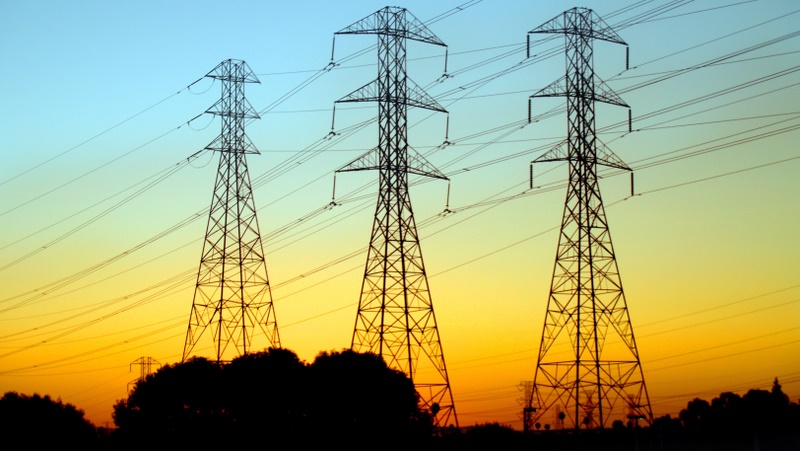
The Manufacturers Association of Nigeria (MAN) lamented on Tuesday the repercussions of the recent hike in electricity tariffs, which has led to the closure of over 300 companies and the loss of 380,000 jobs in the past two months.
Speaking on behalf of MAN in Abuja during an investigative hearing organized by the Joint Committees on Power, Commerce, National Planning & Economic Development, and Delegated Legislations, Senator Ahmed Abdulkadir highlighted that electricity-related expenses constitute about 40% of a manufacturing concern’s production overhead.
Concerned about the declining fortunes of Nigeria’s manufacturing and real sectors, he emphasized the urgent need for the current administration to address the rising insecurity.
The high cost of doing business, driven by the steep increase in electricity tariffs, could lead to further job losses.
He explained that the Association was only aware of an initial hearing in 2023 for a 40% increase in electricity tariffs, not the over 200% hike now affecting 15% of NERC’s customers, including major stakeholders in the Nigerian economy.
“Contrary to the position of NERC, we are aware that the Supplementary order of 3rd April 2024 which increased the electricity tariff rate from N68 to N225 per Kwhr was never brought to the notice of the public as noted by NERC,” Senator Abdulkadir noted.
He also alleged that the Discos had secretly failed to comply with the guidelines for consumer consultation before applying to NERC for an increase in the electricity tariff rate.
In his address, Minister of Power, Mr. Adebayo Adelabu, disclosed that the introduction of Band A, which has a higher tariff, has reduced the electricity subsidy to N1 trillion from approximately N3 trillion.
Mr. Adelabu explained that without an increase in electricity tariffs, the subsidy would have surged to about N3 trillion, a figure the government could not afford.
Presenting NERC’s position, Mr. Sanusi Garuba revealed that energy invoices submitted by the DISCOs amounted to N260 billion per month, while the GENCOs paid N20 billion.
According to him, the 2023 fiscal year ended with an electricity subsidy of N460 billion due to GENCOs’ refusal to pay for gas supply.
He asserted that the government’s economic policy changes, announced by the current administration in May 2023—including fuel subsidy removal and a hike in foreign exchange—are significantly linked to the rise in electricity tariffs.
He also noted that the N240 billion monthly electricity subsidy for the 2024 fiscal year is unsustainable and that the country cannot afford the N2.8 trillion required for this year.
According to him, the only budgetary provision in the 2024 Appropriation Act stands at N450 billion. Declaring the hearing open, Speaker Tajudeen Abbas, represented by his Deputy, Hon. Benjamin Kalu, affirmed that the hike in the electricity tariff “has not been well-received by our citizens.
Numerous voices, including organized labor and industry experts, have voiced their strong opposition to this decision.”
“The fears expressed by many are valid – that such a sharp increase in electricity tariffs will only exacerbate the economic hardships already faced by our people. There are genuine concerns that higher utility bills resulting from this tariff hike could have a ripple effect on operational costs for businesses, potentially leading to increased prices for goods and services.”
Earlier, Hon. Victor Nwokolo, chairman of the House Committee on Power, explained that the special committee was established following a House resolution to investigate the circumstances and rationale behind the recent tariff review announced by the Nigerian Electricity Regulatory Commission.
According to him, “NERC as regulator of the Nigerian Electricity Supply Industry (NESI) approved a request by the eleven distribution companies to increase tariff for the so-called Band A customers from N64 to N225 per kilowatts hour.
NERC announced that by this new tariff, customers in Band A would be receiving at least 20 hours of electricity supply everyday.
“Since this announcement, we have received a lot of complaints about misgivings on both the process and the substance of the regulatory action of NERC.
“Many of the complaints relate to the lack of consultation by the regulator as required by law before approving the increase. Others relate to the lack of 20 hours of electricity supply as promised by the regulator which has not been delivered.”
Follow the Parallel Facts channel on WhatsApp: https://whatsapp.com/channel/0029VaCQSAoHgZWiDjR3Kn2E









Leave a Reply